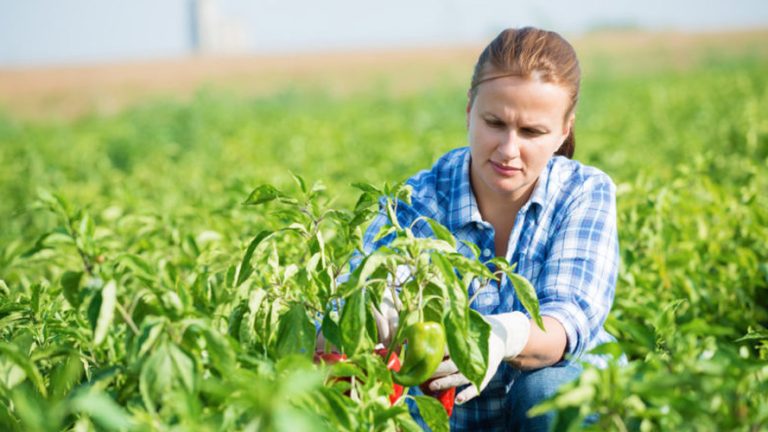The rural women, play many social and economic roles inside as well as outside their home
Women in rural area are key agents. They play a catalytic role towards achievement of transformational economic, environmental and social changes required for sustainable development. But limited access to credit, health care and education are among the many challenges they face. These are further aggravated by the global food and economic crises and climate change. Empowering them is essential, not only for the well-being of individuals, families and rural communities, but also for overall economic productivity, given women’s large presence in the agricultural workforce worldwide.
UN Women supports the leadership and participation of rural women in shaping laws, policies and programmes on all issues that affect their lives, including improved food and nutrition security, and better rural livelihoods. Training equips them with skills to pursue new livelihoods and adapt technology to their needs. Women play a key role in food production and form a large proportion of the agricultural work force globally.
Given equal resources, women could contribute much more. It is estimated that if women farmers had the same access as men, agricultural output in 34 developing countries would rise by an estimated average of up to 4 per cent. This could reduce the number of undernourished people in those countries by much, translating to up to fewer million hungry people.
Many of the world’s most poor are women. Poverty eradication is a key challenge for rural women. Its estimates show that the proportion of people living, across every developing region, are still living in extreme poverty. Food security is defined as having four main components: availability, access, utilization and stability.
Food Production
Women in rural area supply most of the labor needed to produce food crops and often control the use and sale of food produce grown on plots they manage. However, the gender disparities in ownership of, access to, and control of livelihood assets (such as land, water, energy, credit, knowledge, and labor) negatively affect women’s food production. For instance, compromised land access often means that women obtain lower yields than would otherwise be possible if household resources were allocated more equitably. Insecurity of tenure for women thus compromises their production potential and increases food insecurity. Greater food security would be achieved if women had access to needed assets and resources and had a voice in the decisions that have an impact on the lives of their households and communities.
A significant proportion of women in rural area work in informal non-agricultural sectors, such as trading and small-scale processing, which both contributes to the food value chain and generates income for them to purchase food. However, rural women often face constraints to market engagement due to factors such as lack of mobility, capacity, and technical skills. Likewise, women food crop entrepreneurs can play important economic roles that have positive effects beyond the micro level (e.g., supplying food products and employment opportunities), but are often hindered by discriminatory practices and stereotypical attitudes from accessing opportunities to expand their businesses. Improving women farmers’ participation in marketing chains and entrepreneurial activities – e.g., by investment in transport and infrastructure, improved provision of training and information, or changes in policy and regulatory frameworks – would mean giving a boost to aggregate food security.
Eradicate Extreme Poverty and Hunger
Rural women spend more time than urban women and men in reproductive and household work, including time spent obtaining water and fuel, caring for children and the sick, and processing food. This is because of poor rural infrastructure and services as well as culturally assigned roles that severely limit women’s participation in employment opportunities.
Faced with a lack of services and infrastructure, rural women carry a great part of the burden of providing water and fuel for their households. In rural areas of Guinea, for example, women spend more than twice as much time fetching wood and water per week than men, while in Malawi they spend over eight times more than men on the same tasks. Girls in rural Malawi also spend over three times more time than boys fetching wood and water. Collectively, women from Sub-Saharan Africa spend about 40 billion hours a year collecting water.






Add comment